Paris is known worldwide for its art, fashion, and cuisine — but it also hides a lesser-known treasure: its community of master luthiers. These artisans build, repair, and restore stringed instruments with a blend of tradition, innovation, and passion. Whether crafting a concert violin, restoring a century-old cello, or designing a cutting-edge electric guitar, luthiers in Paris keep the city’s musical soul alive.
What Does a Luthier Do?
A luthier is a specialist in the creation, maintenance, and restoration of stringed instruments — a role that blends woodworking, acoustics, ergonomics, and sometimes electronics. Their work extends far beyond “building an instrument”; it’s about shaping how it feels, sounds, and responds in the hands of a musician.
The scope of a luthier’s craft includes:
-
Designing instruments – balancing aesthetics, playability, and tonal goals.
-
Selecting materials – choosing woods and components based on their mechanical, acoustic, and visual qualities.
-
Shaping and assembling – from carving an archtop’s top plate to routing an electric guitar’s pickup cavities with sub-millimetre precision.
-
Applying finishes – both for protection and for influencing tonal response.
-
Setup and adjustments – fret levelling, nut shaping, bridge placement, truss rod adjustment, and electronic fine-tuning.
-
Repairs and restorations – from minor crack repairs to historically accurate reconstructions of century-old instruments.
In classical instrument making, tonewoods like spruce, maple, and ebony are chosen for their proven resonance and durability. In modern guitar and bass building, the palette expands — ash, mahogany, walnut, wenge, and figured maples are used not only for their tonal profile but also for stability and visual impact. A luthier’s skill lies in understanding how each choice affects sustain, frequency response, and player comfort.
The role also demands close collaboration with musicians. A skilled luthier will interpret a player’s language — “brighter attack”, “rounder low end”, “faster neck” — and translate it into tangible build decisions. This ability to bridge artistry with engineering is what sets true master luthiers apart.
The History of Lutherie in Paris
The roots of Parisian lutherie go back centuries. By the 17th century, Paris was already a hub for fine instrument making, with luthiers like Nicolas Lupot earning international fame. In the 19th century, Jean-Baptiste Vuillaume revolutionised violin-making, not only with exceptional craftsmanship but also with technical innovations still in use today.
While historical Parisian lutherie focused on bowed instruments, the city’s reputation for excellence has since expanded to include guitars and basses, making Paris a destination for musicians from all over the world.
Modern Lutherie in Paris – Tradition Meets Innovation
Today’s luthiers in Paris honour this heritage while embracing modern needs. For example, Belforti Instruments, based in Montrouge (just outside central Paris), specialises in high-end electric guitars and basses. Each instrument is handcrafted with premium woods, precision-machined components, and electronics tailored to the player’s style.
Belforti combines centuries-old techniques — like hand-shaping necks and fine fretwork — with advanced tools such as CNC machining for structural precision. The result: instruments that are both works of art and professional performance machines.
Choosing the Right Luthier in Paris
If you’re looking for a luthier in Paris, consider:
-
Specialisation – Some luthiers focus on bowed instruments, others on guitars or hybrid designs.
-
Experience – Ask to see past work, restorations, or client references.
-
Workshop Visit – Seeing the workspace in person lets you assess the craftsmanship and discuss your needs directly.
-
Services Offered – From full builds to maintenance, setup, and electronics, find a luthier who covers your instrument’s needs.
For musicians seeking a truly personal instrument, workshops like Belforti offer full customisation — from tonewood selection to neck profile, hardware, and finish.
The Future of Parisian Lutherie
While luthiers face challenges like rising material costs and competition from mass production, many are thriving by focusing on quality, sustainability, and innovation. Eco-friendly finishes, responsibly sourced woods, and modular designs are becoming more common.
Events such as the Salon de la Belle Guitare and the Festival de Violon de Paris also help keep the craft in the spotlight, connecting artisans with musicians and the public.
Why Paris Remains a Luthier’s Capital
From classical violin shops to modern electric guitar builders, Paris offers a rare mix of tradition and creativity. A well-chosen Parisian luthier can provide not just an instrument, but a partner in your musical journey — someone who understands your playing style and helps you achieve your ideal sound.
If you’re seeking a custom guitar in Paris, a precision-crafted electric bass, or expert repairs, Belforti Instruments represents the new face of Parisian lutherie: deeply rooted in craftsmanship, but designed for the music of today and tomorrow.





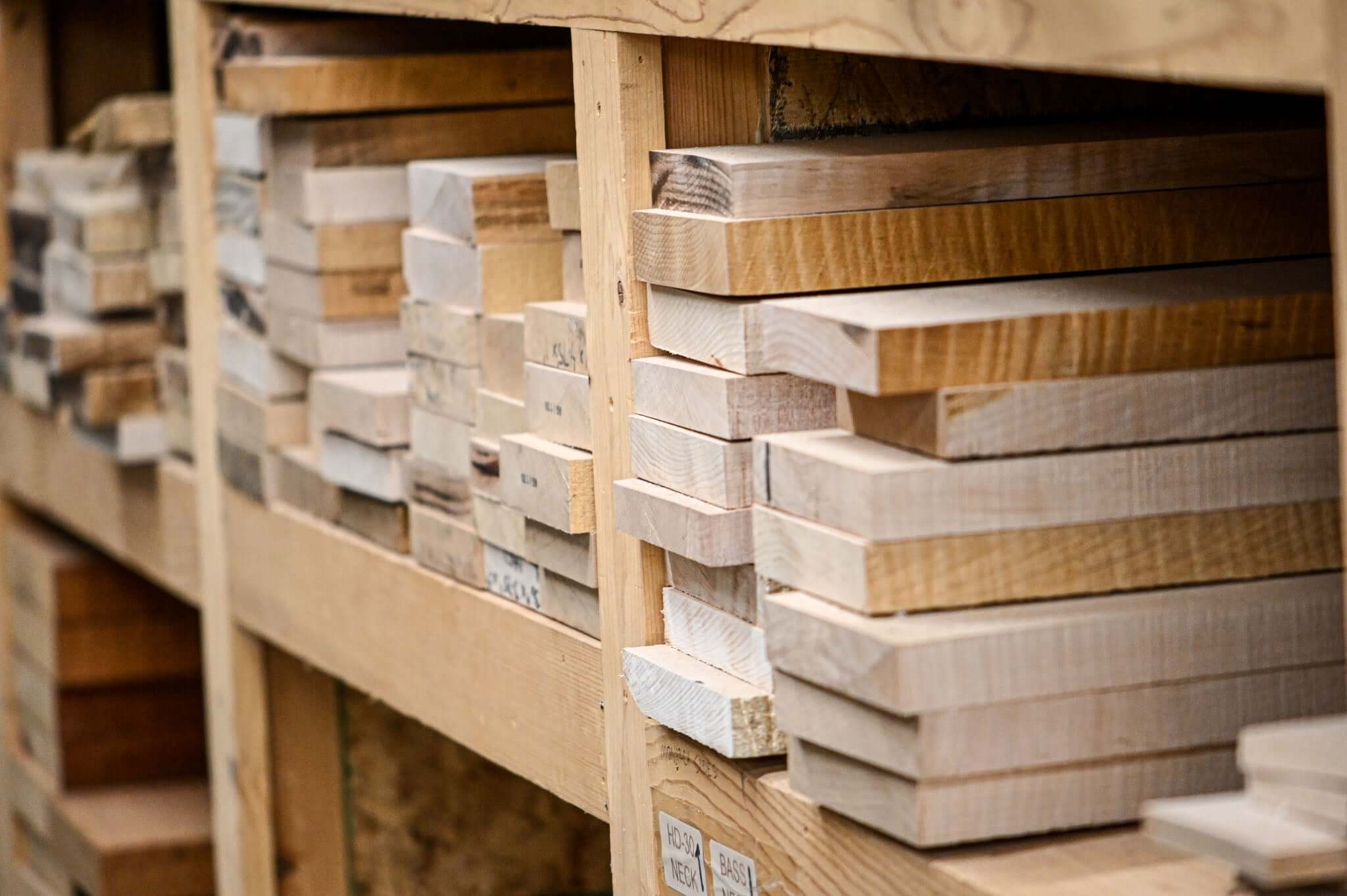
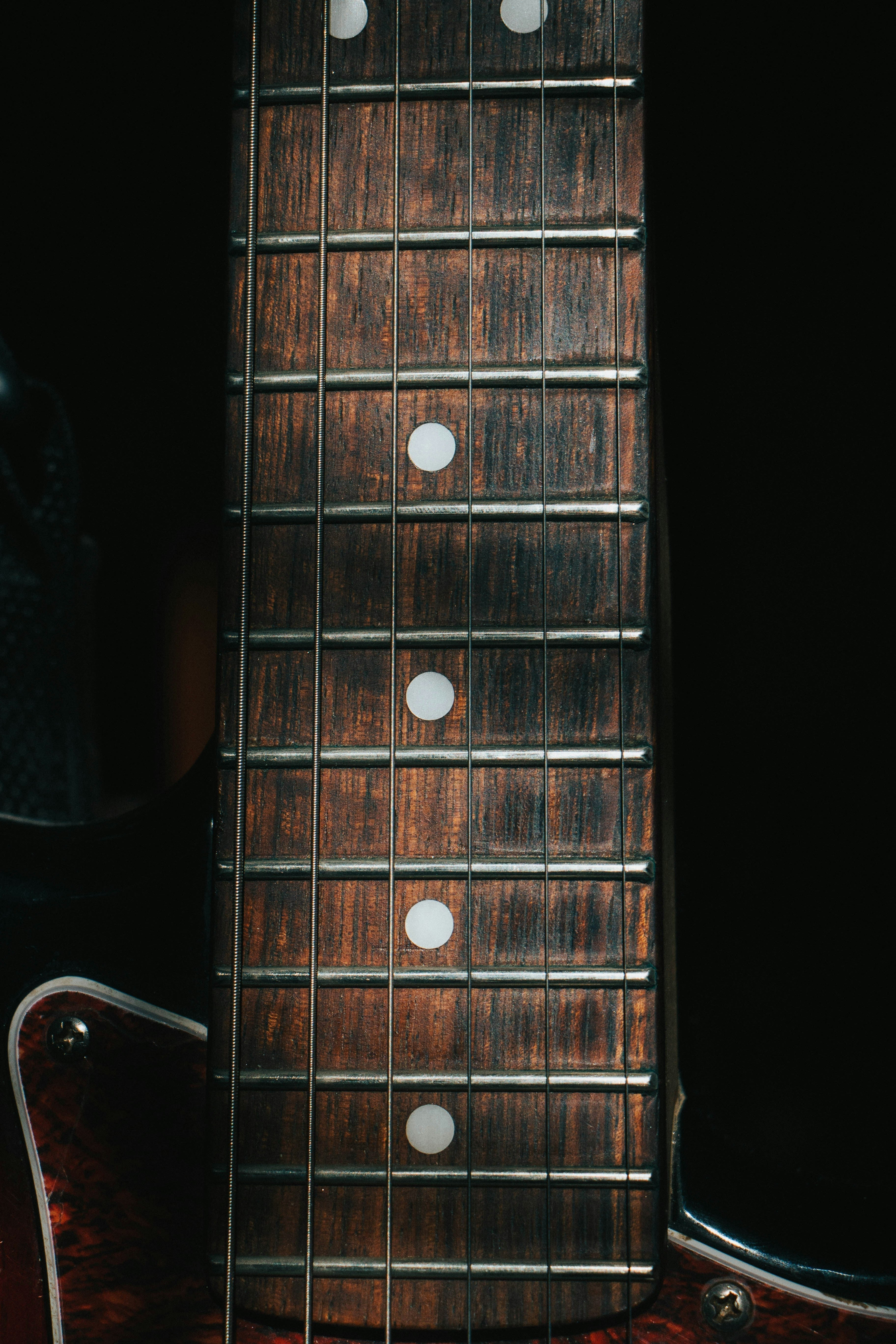
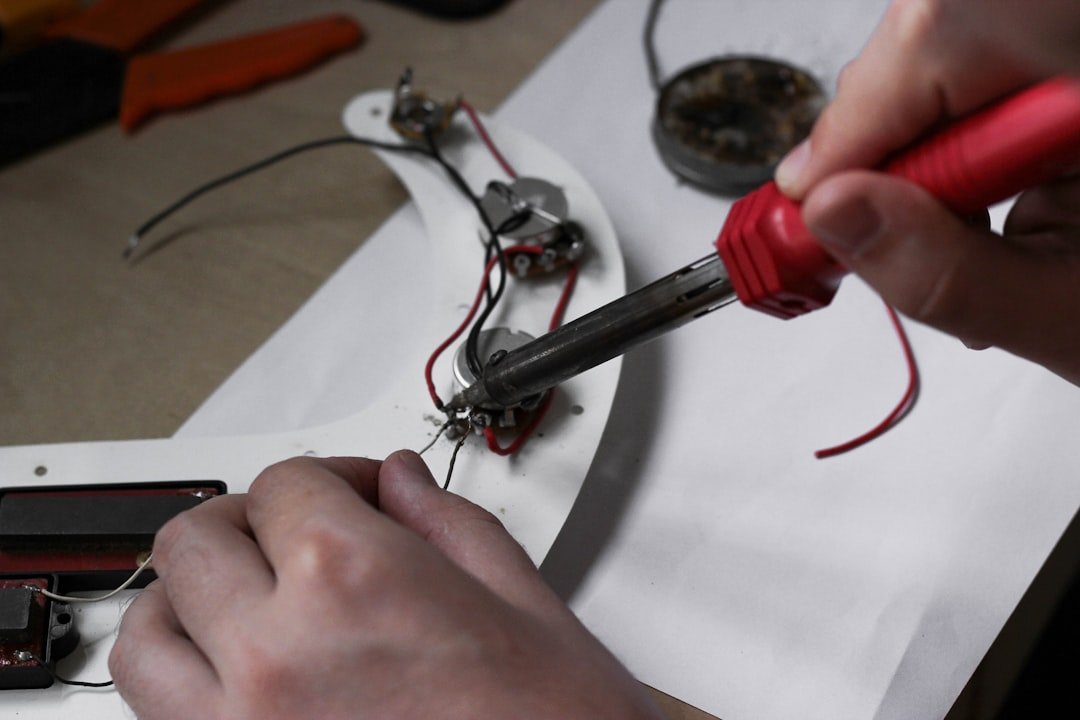
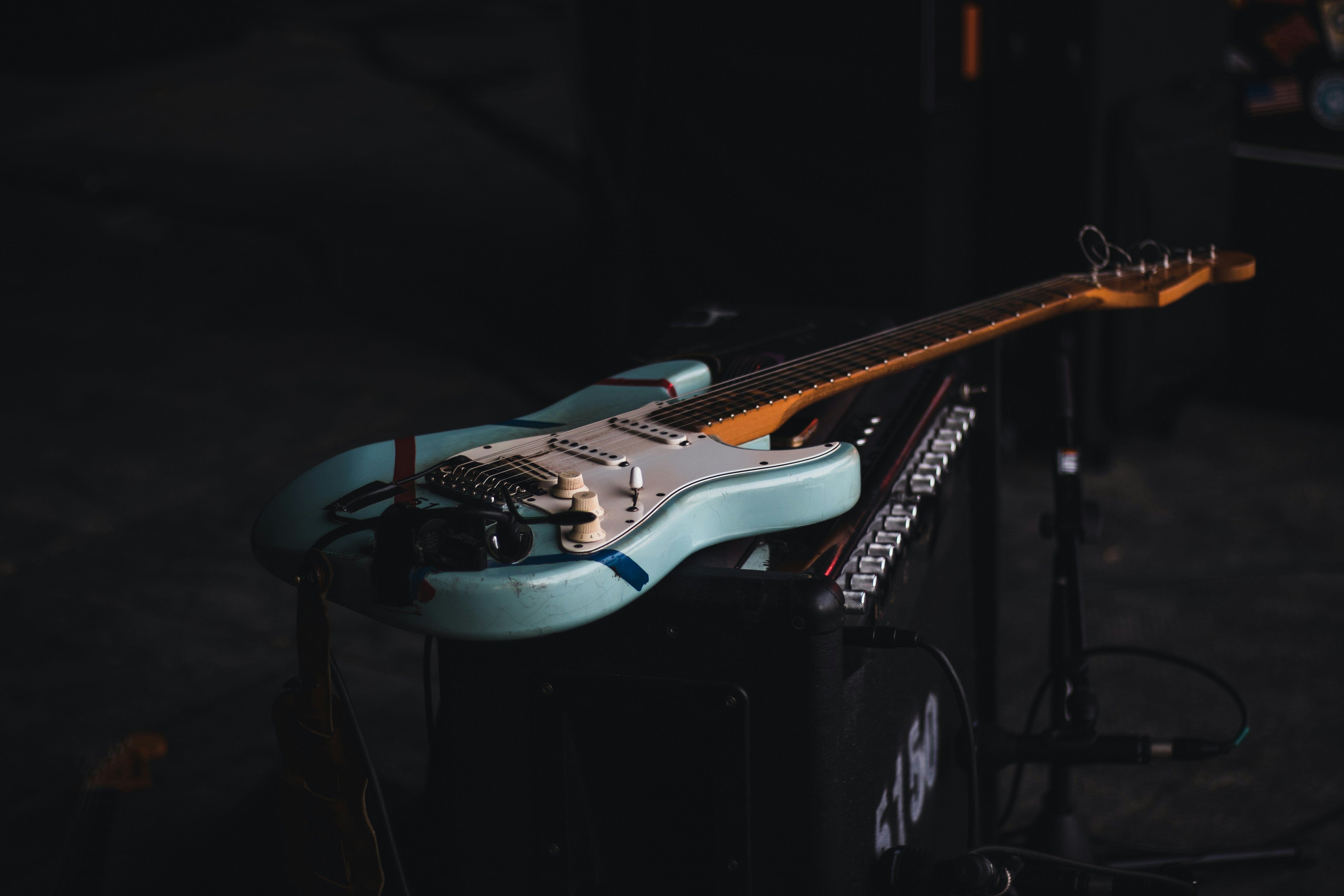

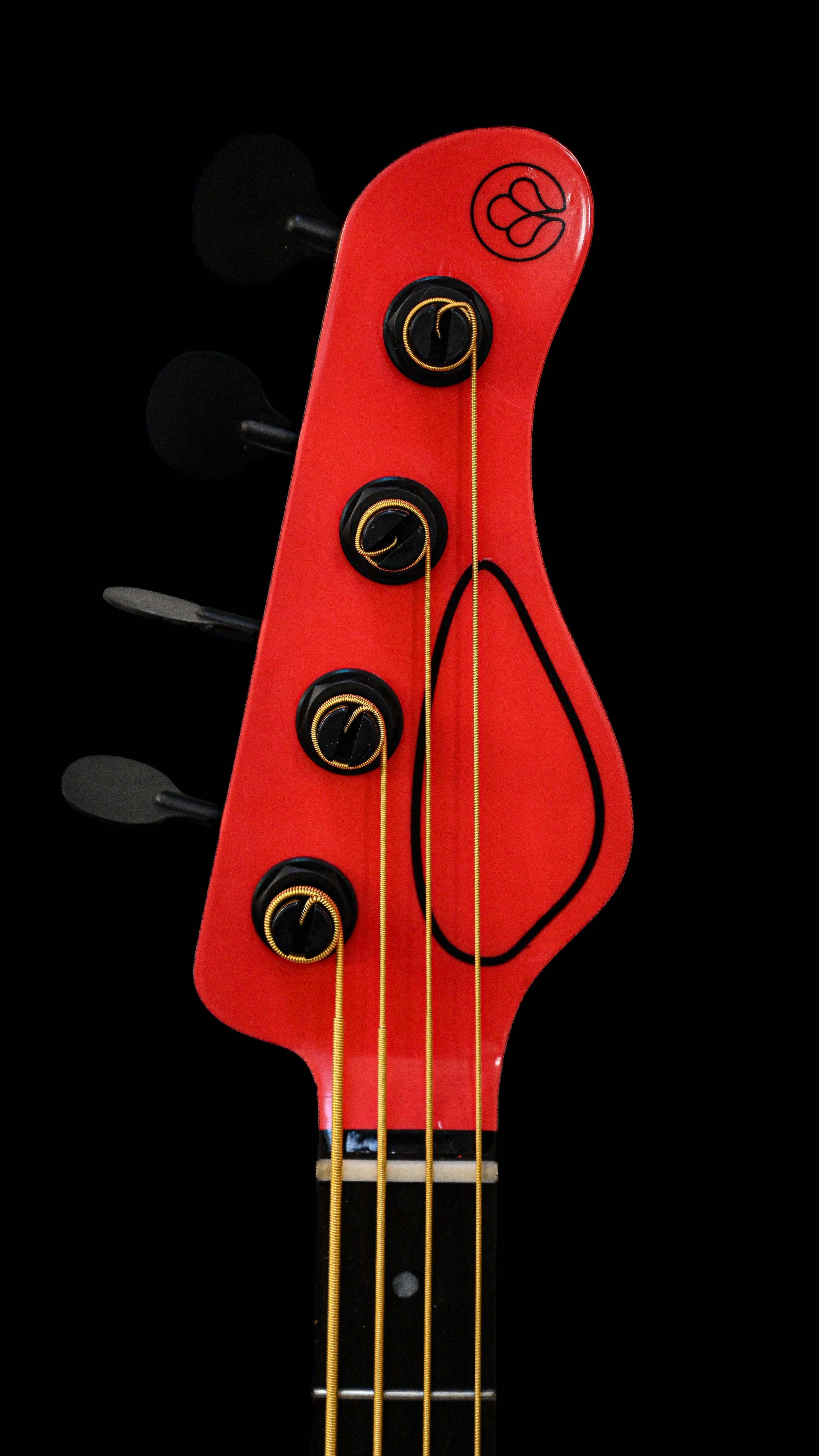
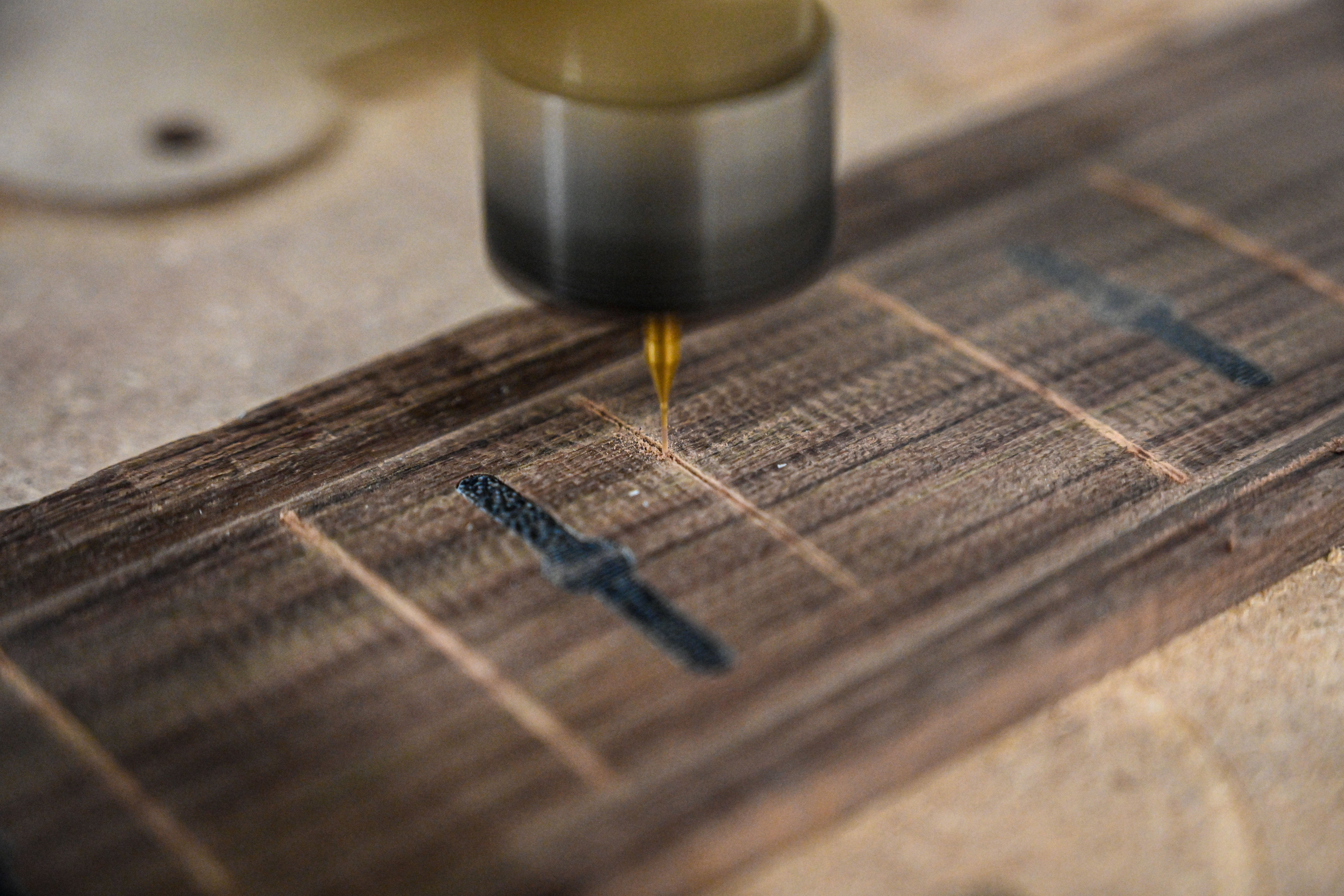
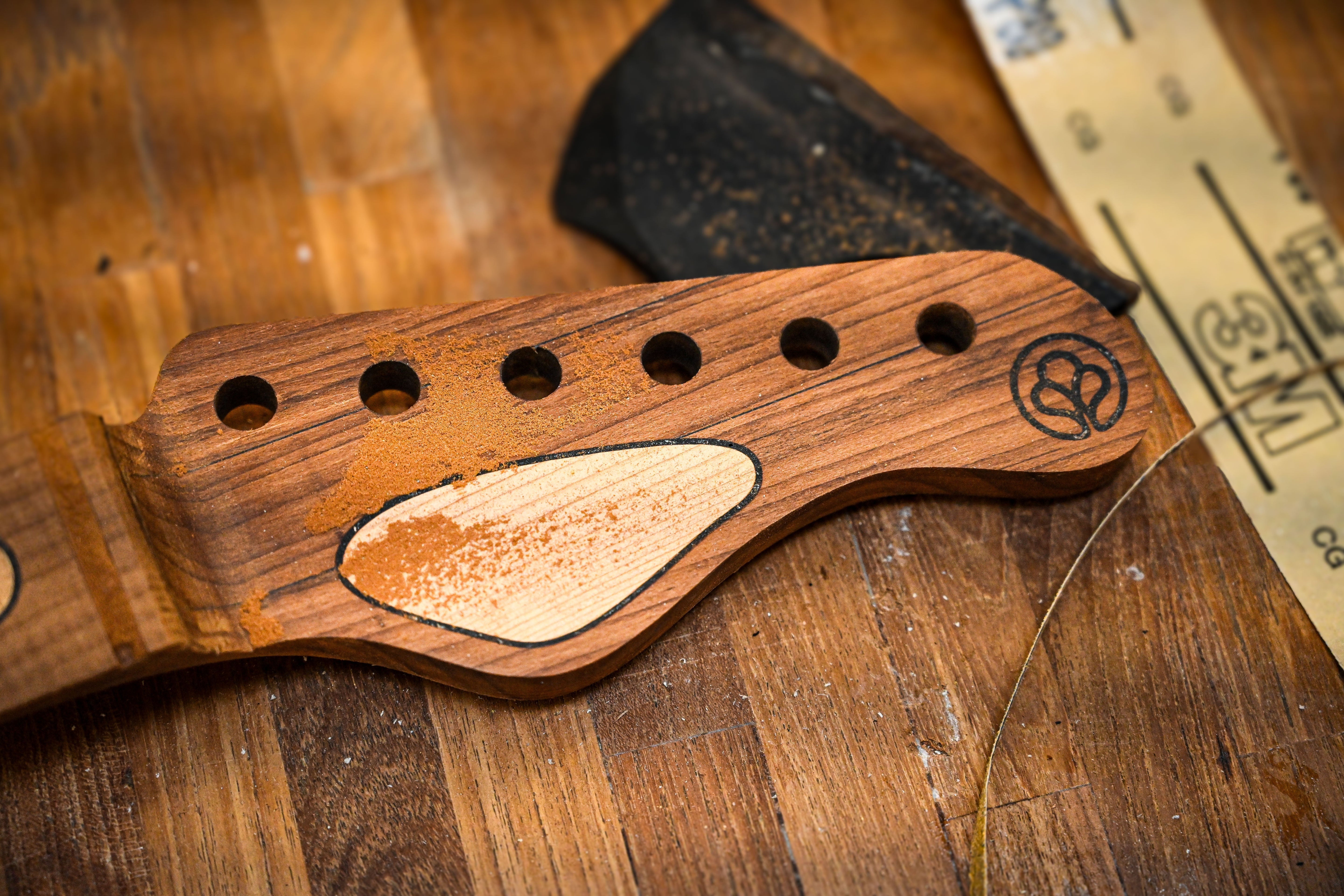

Share:
Truss Rods and Neck Relief: A Luthier’s Guide to Guitar Setup
The Truth About Tonewoods in Solid-Body Electric Guitars